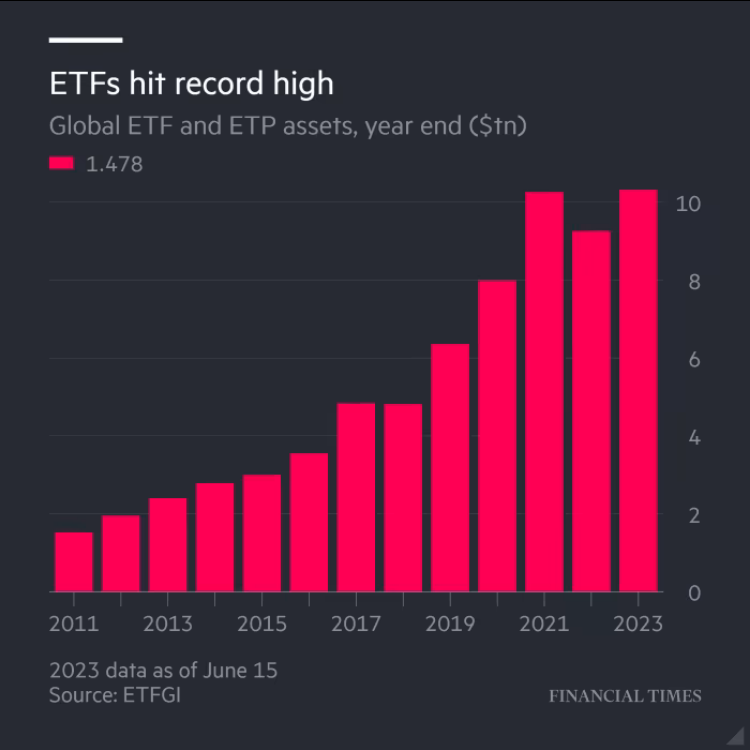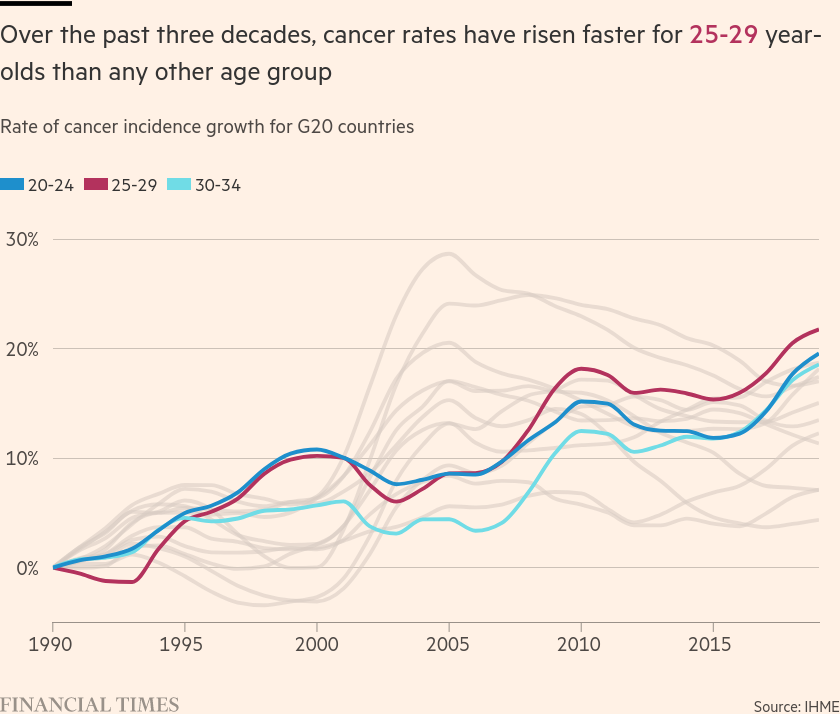June 19, 2023
Regulating capital vs building the future we want
There are a lot of regulations. Capital calls them burdensome, leftists call for more of them, liberals hide behind them, most go only semi-enforced.
Regulations usually crop-up when disasters strike, then they get watered-down when no one is looking. It is unusual for regulations to come into existence before this crisis build-up and retreat dance. Capital has all the power most of the time and so there is a structural decline in regulatory oversight.
One specific example right now that should be of interest to everyone are climate-related (or "environmental") regulations. The regulations that have come into effect every time a company's sociopathic profit-seeking results in a calamity.
Today, governments around the world have been told of a guaranteed future calamity and are trying to write regulations for companies causing that calamity. Unfortunately, our economic and political system is not set-up for future proofing. Regulating capital is not working so well for climate change, just as it has not worked so well for other environment-related regulations.
Even when environmental disaster strikes, it is difficult to get public focus for long enough to pass laws before they are watered-down. Climate changed disasters are not localized for long, move about, are not always the same, and much of the time the connection is not clear cut.
The history of environmental laws has been a very long one. Slow-moving, driven by committed activists moving from one disaster to another attempting to keep enough support so that compromises do not eliminate the point. Because of this process, many environmental laws are more market signals than they are actual regulation.
Some areas of regulation that follow the market signal approach:
- acid rain (NOx SOx emissions)
- mercury (coal burning)
- appliance energy efficiency
- Freon/chlorofluorocarbonds
- forever chemicals
- GMO-related pesticides
- effluent
- plastics
And, of course, carbon and methane emissions.
Regulation through market-driven responses are not working enough to stop the damage caused by these and other negative effects of capital production. So much so, that the USA's EPA is not even funded enough to measure air pollution—the oldest environmental laws—and has "sacrifice zones" to allow polluting.
In Canada, the trust in the market to regulate itself is sacrosanct. And, it works for capital just fine.
Have a look at Canada's greenhouse gas emissions. The government stopped reporting in 2021 because it looks so bad. So did the USA.
The basis of the argument for market-mediated change to regulation is based on costs. If you regulate industry harder than elsewhere, the industry just moves production to the lower regulatory environment. If you regulate across the industry too hard, then the industry stops producing and just closes the production instead of upgrading.
In fact, most of the areas where industry has actually shifted its production away from cheaper, dangerous, and dirty production it has been financed by the state. Just look at this list of simply "efficiency" grants all designed to coax the private market to let-up on the gas pedal of anti-human destruction.
History shows us market coaxing does not work fast enough or even works at all in addressing our issues. Which is one of the reasons things have changed from neoliberal profit-subsidy market-mechanisms to just throwing profit subsidies directly at capital.
We all recognize the recent transition to electric vehicles as the new model. Massive investments from the state are needed to build alternatives and support capital investment for electric vehicles if we want any of that to actually happen here.
Essentially, any new investment in technology and the spin-up of production is almost 100% state-backed. And, if the choice is small scale of market-based subsidy or direct investment, I pick direct investment every time. But, there is a large cost to this model and I do not think a proper accounting is being done.
We need to take an honest look at the limited resources we have available to do this state-supported transition. I think we will find that if we do not eliminate the profit subsidy aspect of this support, we are going to run out of money before the transition happens.
EFTs
Everyone is back in the exchange traded funds. What could go wrong?

Cancer rates up
No definitive explanation of why cancer rates in the 25-29 year old cohort is up. But, most are looking to "modern" food and diets and gut microbes.
Scientists searching for insights are increasingly convinced that changes to nutrition and ways of living that began in the middle of the last century hold at least part of the key to the puzzle.
As they explore a connection with diet, researchers are homing in on the possibility that changes to the microbiome — the roughly 100tn microbes that live inside us, mostly in the gut — are increasing susceptibility to cancer. The microbiome is thought to play a key role in overall health, including digestion and regulation of the immune system, as well as protecting against disease-causing bacteria and aiding the production of vital vitamins.
